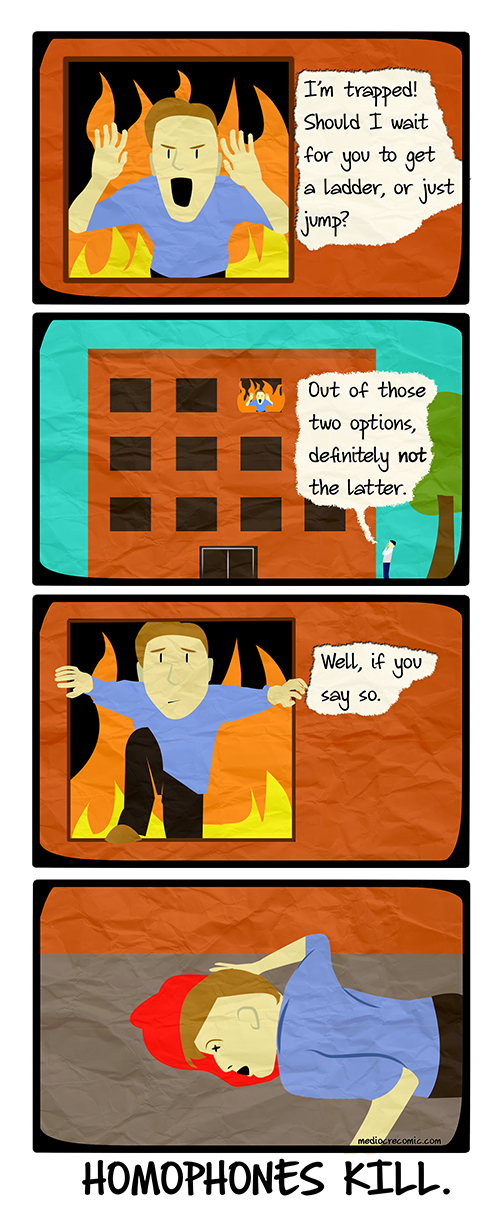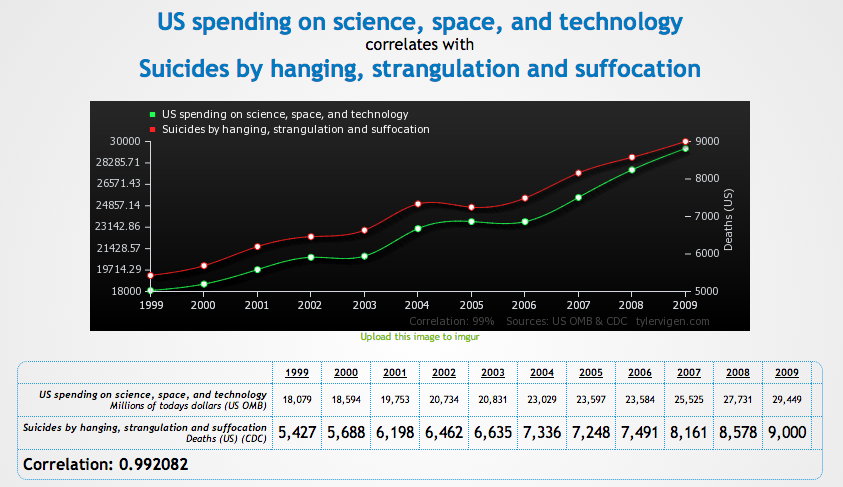Michael Kane's
Twitter led me to an article published the other day in the Journal of
Experimental Psychology: General, entitled Any Effects
of Social Orientation Priming on Object-Location Memory Are Smaller Than Initially
Reported. For the record, (a) I admire Michael Kane's work, (b) JEP:G
is a very respectable journal in the field of experimental psychology, and (c) in case
this is your first day on the Interwebs, psychology -- and especially social psychology
-- has suffered a tremendous reputational damage in the past couple of years. Just
google "psychology replication crisis" and you'll get tens of thousands of examples of
academics, pop-sci journalists, reasonable skeptics, and the inevitable ranters
explaining the Reproducibility
Project, p-hacking, questionable research practices, retractions, and
so on and so forth. The gist of the story is that many results in the psychological
sciences published as (and consequently claimed to be) "real", that is, statistically
reliable and thus representative, have been found to be nonreplicable, i.e., they don't
stand up to scientific scrutiny. Which is bad enough in itself, but the real problem
behind this whole crisis is that failures to replicate published results (regardless of
whether they were conducted out of curiosity, spite, or something in between) rarely
make it through the peer-review process, with debatable justifications like "This
doesn't add anything new" or "But wait... This has been shown before so you must be
wrong!" (the wording here is paraphrased and based on anecdotal evidence, mind you). Now
I leave the politics involved in that up to the reader's own interpretation, but a very
immediate effect of this behaviour (and I bet it has a huge effect size) is that labs
all over the world will waste a lot of time and money on trying to replicate result XY,
simply because they have no way of being aware that many other labs have tried and
failed before them. This actively delays scientific progress, and both frustrates and
disillusions those involved.
It is for this reason that I applaud JEP:G's decision to set an example and publish a
study (including four experiments conducted with 438 participants) which failed to
replicate results published in 2002 and 2009. While its topic -- the influence of social priming on
cognition -- is entirely beyond my expertise (and I would have no way of knowing about
potential rivalries between the authors), I consider the effort to question extant
evidence, and the subsequent gratification of a high-rank publication a huge step in the
right direction. Psychology, like any other science, should be critical, and there
should be reasonable outlets for new findings -- because not finding what others found
is a finding as well.
Faith in academia restored for today. Over and out.

